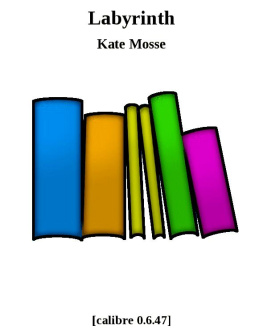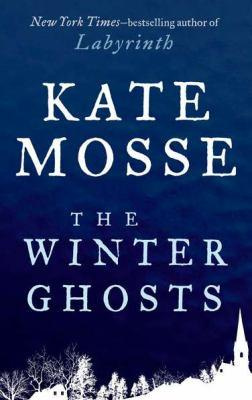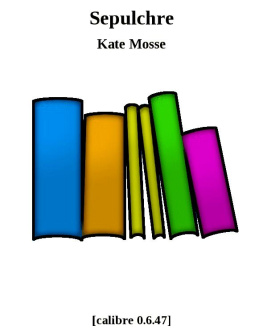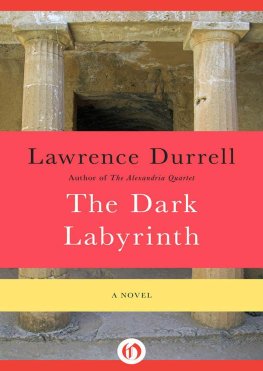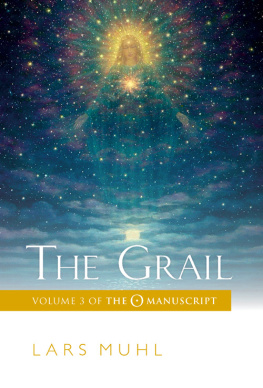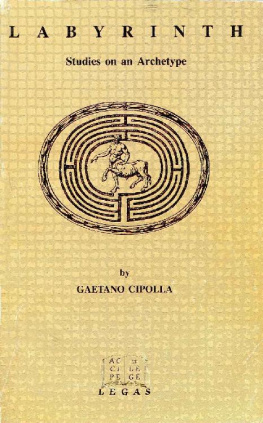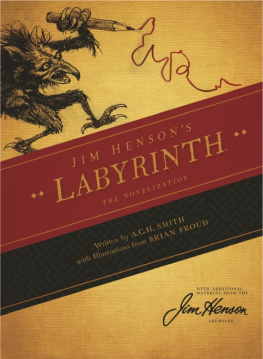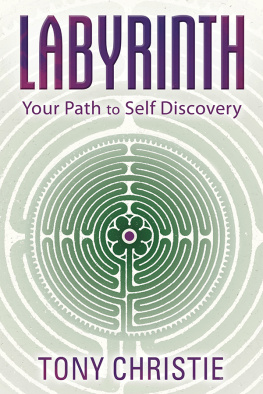Labyrinth
Kate Mosse
Historical Note
In March 1208, Pope Innocent III preached a Crusade against a sect of Christians in the Languedoc. They are now usually known as Cathars.
They called themselves Bons Chretiens; Bernard of Clairvaux called them Albigensians and the Inquisitional Registers refer to them as heretici.
Pope Innocent aimed to drive the Cathars from the Midi and restore the religious authority of the Catholic Church. The northern French barons who joined his Crusade saw an opportunity to acquire land, wealth and trading advantage by subjugating the fiercely independent southern nobility.
Although the principle of crusading had been an important fixture of medieval Christian life since the late eleventh century - and during the Fourth Crusade at the siege of Zara in 1204 Crusaders had turned on fellow Christians - this was the first time a Holy War had been preached against Christians and on European soil. The persecution of the Cathars led directly to the founding of the Inquisition in 1233 under the auspices of the Dominicans, the Black Friars.
Whatever the religious motivations of the Catholic Church and some of the Crusades temporal leaders - such as Simon de Montfort - the Albigensian Crusade was ultimately a war of occupation and marked a turning point in the history of what is now France. It signified the end of the independence of the South and the destruction of many of its traditions, ideals and way of life.
Like the term Cathar, the word Crusade was not used in medieval documents. The army was referred to as the Host - or lOst in Oc. However, since both terms are now in common usage, Ive sometimes borrowed them for ease of reference.
Note on Language
In the medieval period, the langue dOc - from which the region of Languedoc takes its name - was the language of the Midi from Provence to Aquitaine. It was also the language of Christian Jerusalem and the lands occupied by the Crusaders from 1099, and spoken in some parts of northern Spain and northern Italy. It is closely related to Provencal and Catalan.
In the thirteenth century, the langue doil the forerunner of modern day French - was spoken in the northern parts of what is now France.
During the course of the invasions of the south by the north, which began in 1209, the French barons imposed their language on the region they conquered. From the middle of the twentieth century, there has been an Occitan language revival, led by authors, poets and historians such as Rene Nelli, Jean Duvernoy, Deodat Roche, Michel Roquebert, Anne Brenon, Claude Marti and others. At the time of writing, there is a bilingual Oc/French school in La Cite in the heart of the medieval citadel of Carcassonne and the Occitan spellings of towns and regions appear alongside the French spellings on road signs.
In Labyrinth, to distinguish between the inhabitants of the Pays dOc and the French invaders, I have used Occitan or French accordingly. As a result, certain names and places appear in both French and Oc - for example, Carcassonne and Carcassona, Toulouse and Tolosa, Beziers and Besiers.
Extracts of poetry and sayings are taken from Proverbes & Dictons de la langue dOc collected by Abbe Pierre Trinquier and from 33 Chants Populaires du Languedoc.
Inevitably there are differences between medieval Occitan spellings and contemporary usage. For the sake of consistency, I have for the most part used La Planqueta by Andre Lagarde - an Occitan-French dictionary - as my guide.
PROLOGUE
I
Pic de Soularac
Sabarthe`s Mountains
Southwest France
Monday 4 July 2005
A single line of blood trickles down the pale underside of her arm, a red seam on a white sleeve.
At first, Alice thinks its just a fly and takes no notice. Insects are an occupational hazard at a dig, and for some reason there are more flies higher up the mountain where she is working than at the main excavation site lower down. Then a drop of blood splashes on to her bare leg, exploding like a firework in the sky on Guy Fawkes night.
This time she does look and sees that the cut on the inside of her elbow has opened again. Its a deep wound, which doesnt want to heal. She sighs and pushes the plaster and lint dressing tighter against her skin. Then, since theres no one around to see, she licks the red smear from her wrist.
Strands of hair, the colour of soft brown sugar, have come loose from under her cap. She tucks them behind her ears and wipes her forehead with her handkerchief, before twisting her ponytail back into a tight knot at the nape of her neck.
Her concentration broken, Alice stands up and stretches her slim legs, lightly tanned by the sun. Dressed in cut-off denim shorts, a tight white sleeveless T-shirt and cap, she looks little more than a teenager. She used to mind. Now, as she gets older, she sees the advantage of looking younger than her years. The only touches of glamour are her delicate silver earrings, in the shape of stars, which glint like sequins.
Alice unscrews the top of her water bottle. Its warm, but shes too thirsty to care and drinks it down in great gulps. Below, the heat haze shimmers above the dented tarmac of the road. Above her, the sky is an endless blue. The cicadas keep up their unrelenting chorus, hidden in the shade of the dry grass.
Its her first time in the Pyrenees, although she feels very much at home. Shes been told that in the winter the jagged peaks of the Sabarthe`s Mountains are covered with snow. In the spring, delicate flowers of pink and mauve and white peep out from their hiding places in the great expanses of rock. In early summer, the pastures are green and speckled with yellow buttercups. But now, the sun has flattened the land into submission, turning the greens to brown. It is a beautiful place, she thinks, yet somehow an inhospitable one. Its a place of secrets, one that has seen too much and concealed too much to be at peace with itself.
In the main camp on the lower slopes, Alice can see her colleagues standing under the big canvas awning. She can just pick out Shelagh in her trademark black outfit. Shes surprised theyve stopped already. Its early in the day to be taking a break, but then the whole team is a bit demoralised.
Its painstaking and monotonous work for the most part, the digging and scraping, the cataloguing and recording, and so far theyve turned up little of significance to justify their efforts. Theyve come across a few fragments of early medieval pots and bowls, and a couple of late twelfth- or early thirteenth-century arrowheads, but certainly no evidence of the Palaeolithic settlement which is the focus of the excavation.
Alice is tempted to go down and join her friends and colleagues and get her dressing sorted out. The cut smarts and her calves are already aching from squatting. The muscles in her shoulders are tense. But she knows that if she stops now, shell lose her momentum.
Hopefully, her lucks about to change. Earlier, shed noticed something glinting beneath a large boulder, propped against the side of the mountain, neat and tidy, almost as if it had been placed there by a giant hand. Although she cant make out what the object is, even how big it is, shes been digging all morning and she doesnt think it will be much longer before she can reach it.
She knows she should fetch someone. Or at least tell Shelagh, her best friend, who is the deputy on the dig. Alice is not a trained archaeologist, just a volunteer spending some of her summer holiday doing something worthwhile. But its her last full day on site and she wants to prove herself. If she goes back down to the main camp now and admits shes on to something, everybody will want to be involved, and it will no longer be her discovery.
Next page
